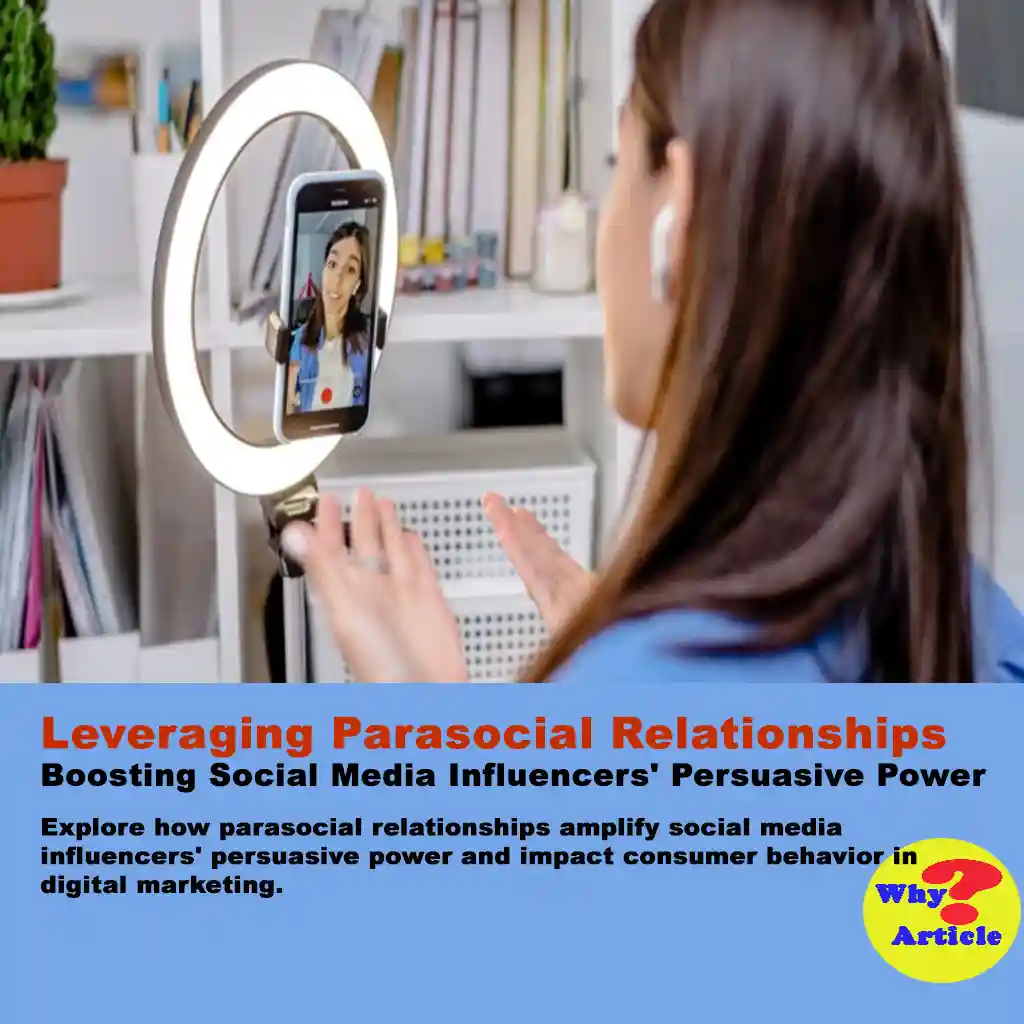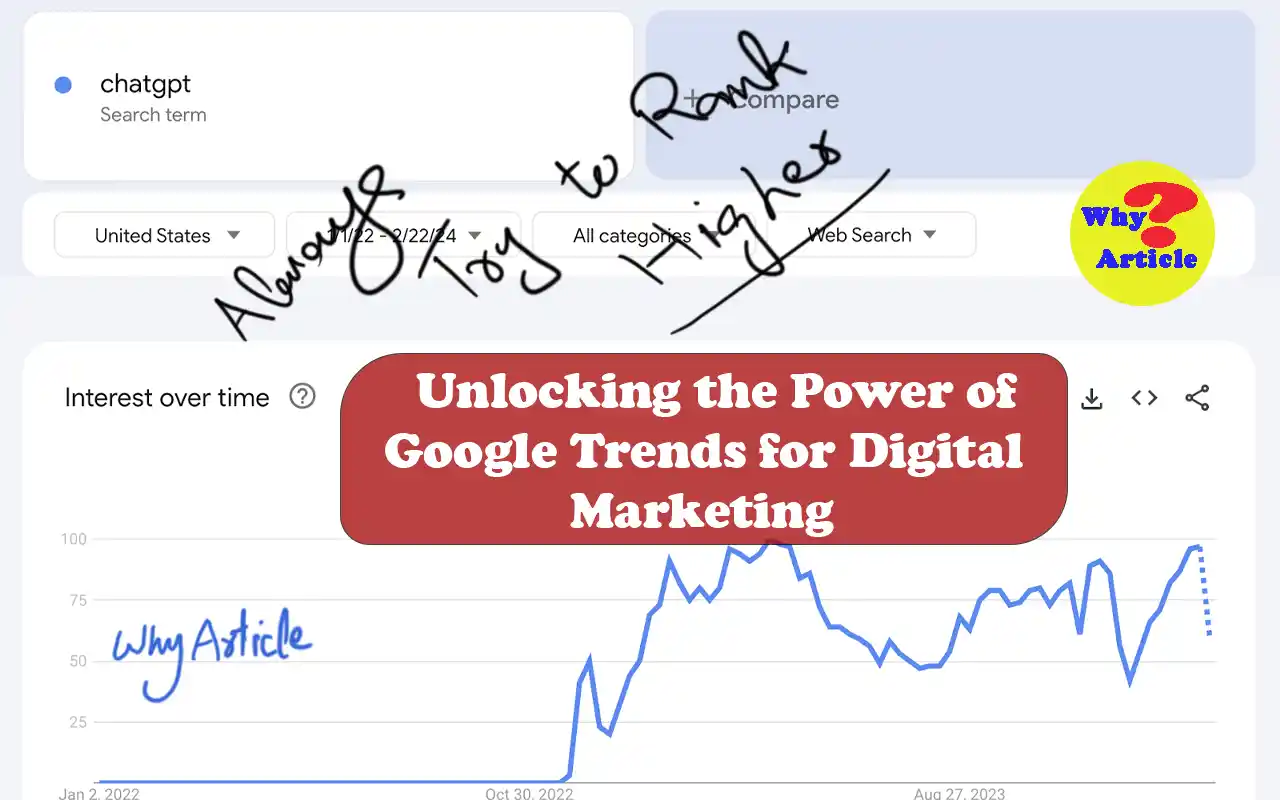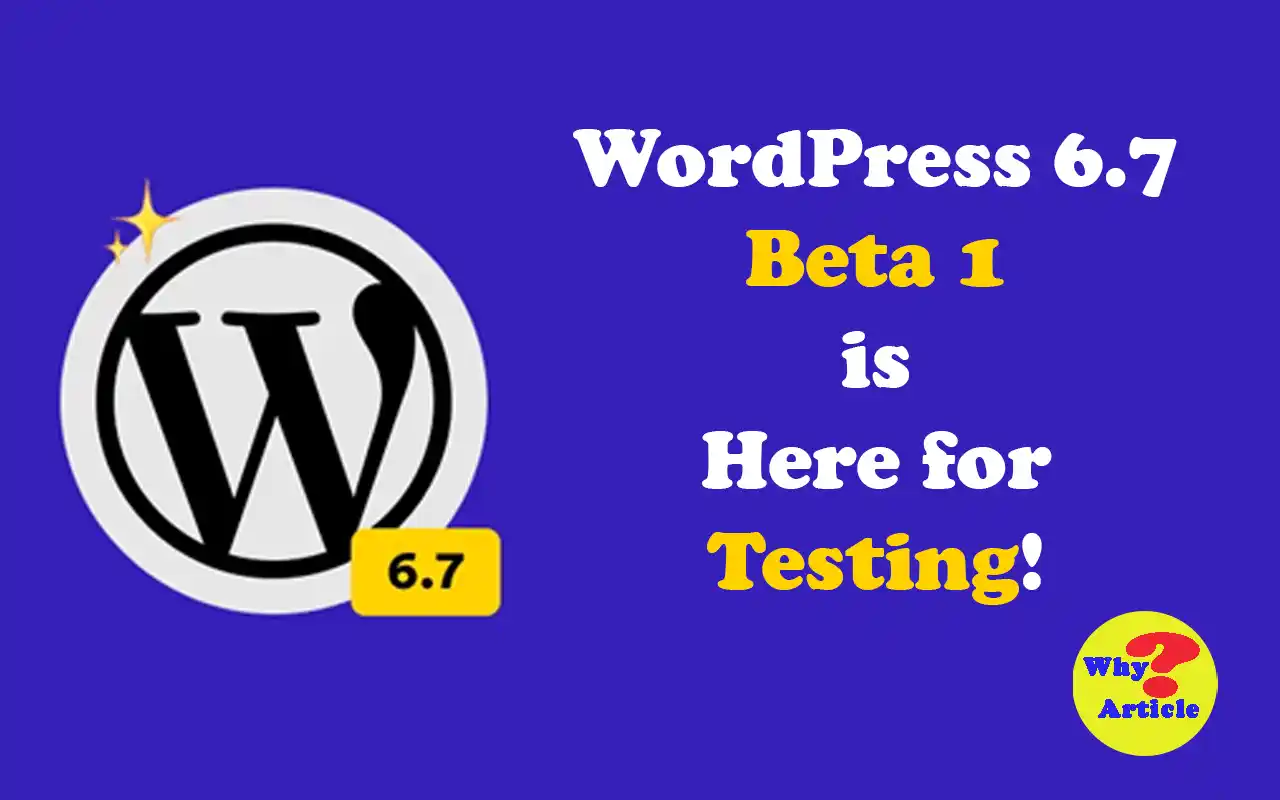In the vast landscape of social media, influencers hold remarkable sway over consumer behaviors and perceptions. Recent research sheds light on a fascinating aspect of this influence: parasocial relationships.
These one-sided emotional connections between influencers and their followers are proving to be powerful tools in enhancing influencers’ persuasive abilities.
Let’s delve into this phenomenon and uncover how it shapes consumer attitudes and behaviors in the realm of social media marketing.
Understanding Parasocial Relationships
Parasocial relationships are not new, but their significance in the digital age is undeniable.
They involve an individual forming an emotional bond with a public figure, often a social media influencer.
These bonds, though one-sided, can be surprisingly strong, influencing followers’ perceptions and actions.
The Power of Influence
Social media influencers (SMIs) wield considerable power in the digital sphere.
Unlike traditional celebrities, they are not distant idols but active creators who engage with their audience daily.
This constant interaction fosters parasocial relationships, making followers feel connected and invested in the influencer’s life and content.
The Role of Product Involvement
A crucial aspect of parasocial relationships is product involvement. Research shows that followers who are deeply interested in the topics the influencer covers are more likely to form strong parasocial bonds.
For instance, individuals passionate about hairstyling products are more inclined to trust and resonate with an influencer’s recommendations in that niche.
Credibility and Intentions to Purchase
Parasocial relationships enhance the perceived credibility of influencers. Followers tend to view influencers they have a strong parasocial bond with as more trustworthy and knowledgeable.
Consequently, this increased credibility translates into higher intentions to purchase products endorsed by the influencer.
Real Settings Research
To truly understand the dynamics of parasocial relationships, researchers emphasize the importance of conducting studies in real settings.
Collaborating with actual influencers and their followers provides valuable insights into the nuances of these relationships.
Exploring different types of influencers and fields can further enrich our understanding of parasocial dynamics.
Conclusion:
In conclusion, parasocial relationships play a pivotal role in amplifying the persuasive power of social media influencers. By fostering strong emotional connections with their followers, influencers enhance their credibility and influence over consumer behaviors.
As the digital landscape continues to evolve, understanding and leveraging parasocial relationships will remain essential for effective social media marketing strategies.
Yes, parasocial relationships can develop between anyone and an influencer, given the right circumstances.
However, individuals with a genuine interest in the influencer’s content are more likely to form stronger bonds.
Parasocial relationships influence consumer behaviors by enhancing the perceived credibility of influencers.
Followers are more inclined to trust and act upon recommendations from influencers they feel emotionally connected to.
No, parasocial relationships can form on various social media platforms, including Instagram, YouTube, TikTok, and Twitter.
The key factor is the level of engagement and interaction between the influencer and their followers.





Your article helped me a lot, is there any more related content? Thanks!